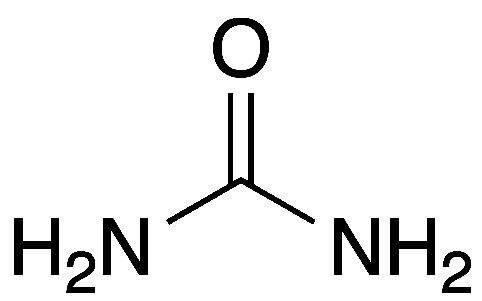
Oct . 17, 2024 01:48 Back to list
Purchasing Water-Soluble Fertilizer for Effective Drip Irrigation Systems
The Benefits of Buying Water Soluble Fertilizer for Drip Irrigation
Drip irrigation has revolutionized the agricultural landscape, allowing for efficient water management and minimizing waste while providing crops with essential nutrients. One of the best ways to enhance the effectiveness of drip irrigation systems is through the application of water-soluble fertilizers. This article discusses the importance, benefits, and considerations of buying water-soluble fertilizers specifically designed for drip irrigation.
What is Water Soluble Fertilizer?
Water soluble fertilizers (WSFs) are formulations designed for easy dissolution in water, making them ideal for integration into drip irrigation systems. These fertilizers contain essential nutrients, such as nitrogen, phosphorus, potassium, and various micronutrients that plants require for healthy growth. The solubility of these fertilizers allows for efficient nutrient delivery directly to the plant roots through the irrigation system.
Advantages of Water Soluble Fertilizers in Drip Irrigation
1. Efficient Nutrient Delivery One of the major benefits of using water-soluble fertilizers with drip irrigation is the efficiency of nutrient application. WSFs dissolve quickly in water, allowing for immediate uptake by plants. This is particularly beneficial in situations where plants have specific nutrient requirements at different growth stages.
2. Reduced Risk of Fertilizer Burn Traditional granular fertilizers can lead to the risk of fertilizer burn when applied in high concentrations. In contrast, water-soluble fertilizers can be diluted to the appropriate concentration, minimizing the risk of root damage and ensuring that plants receive the right amount of nutrients without stress.
3. Improved Crop Yields The precision offered by drip irrigation systems, combined with the efficient nutrient delivery of water-soluble fertilizers, often results in improved plant health and higher crop yields. The ability to tailor nutrient applications based on the specific needs of the crops can lead to better growth and productivity.
4. Less Nutrient Runoff With traditional irrigation methods, there is a higher risk of nutrient leaching and runoff, which can harm the environment. Drip irrigation minimizes this risk by delivering water and nutrients directly to the root zone, significantly reducing nutrient wastage and environmental impact.
buy water soluble fertilizer for drip irrigation

5. Convenience and Flexibility Purchasing water-soluble fertilizers for drip irrigation provides farmers and gardeners with the convenience of application. These fertilizers can be used alongside various irrigation systems, allowing for flexibility in application timing. Fertilization can occur simultaneously with irrigation, making it easier to integrate into existing farming practices.
Considerations When Buying Water Soluble Fertilizers
When selecting water-soluble fertilizers for drip irrigation, consider the following factors
1. Nutrient Content Check the nutrient ratios and types available. Different plants have different nutrient needs based on growth stage, soil conditions, and environmental factors.
2. Compatibility with Irrigation Systems Ensure that the fertilizer is compatible with your specific drip irrigation system. Some fertilizers may require specific handling or equipment to prevent clogging.
3. Water Quality The quality of the water used in your irrigation system can affect the performance of water-soluble fertilizers. High salinity or hard water may affect nutrient availability and uptake. Testing your water source can provide valuable insights.
4. Application Rates Always follow the manufacturer's recommendations regarding application rates. Over-application can lead to nutrient imbalances and negatively affect plant health and yield.
Conclusion
Buying water-soluble fertilizers for drip irrigation is a smart investment for agricultural success. The advantages of efficient nutrient delivery, reduced risk of burn, improved crop yields, and environmental sustainability make them a valuable choice for farmers and gardeners alike. By understanding the specific needs of their crops and carefully selecting the appropriate fertilizers, growers can maximize the benefits of their drip irrigation systems and promote healthy, productive plants. Embrace the change in agricultural practices and leverage the power of water-soluble fertilizers to achieve remarkable results in your cultivation efforts.
-
High-Quality NPK Fertilizer Raw Material Manufacturer & Supplier Trusted Factory Exporter
NewsJul.08,2025
-
Organic 20-20-20 Plant Fertilizer Supplier Premium Organic Fertilizer Manufacturer
NewsJul.08,2025
-
Ammonium Sulfate Fertilizer Market - Leading Manufacturer, Supplier & Factory Solutions
NewsJul.08,2025
-
Premium Water Soluble Fertilizer 20-20-20 Reliable Manufacturer & Competitive Prices
NewsJul.07,2025
-
10-52-10 Fertilizer Supplier – Premium NPK Compound & Granular Fertilizers for Crop Growth
NewsJul.07,2025
-
Best Blueberry Organic Fertilizer - Premium Factory & Supplier Boost Your Blueberry Yield
NewsJul.07,2025
